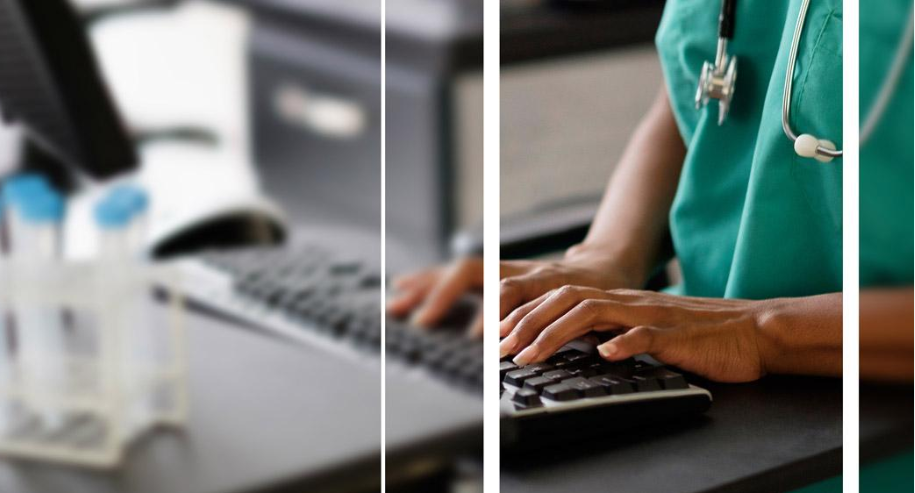
By imposing limits on physical interaction around the world, the COVID-19 pandemic has revealed how quickly technology can be embraced when there is no other option. Businesses have been pushed to accelerate their digital transformation, with office workers conducting meetings from their living rooms, and myriad industries from retail to fitness have moved almost exclusively online.
This could be viewed as an opportunity for healthcare to accelerate its digital transformation. Social distancing measures have also pulled into focus the lack of safety net that exists for the more vulnerable members of society, who are currently struggling without their usual sources of help. There are many people that rely on community services and GP home visits, and the absence of physical interaction has revealed the reliance individuals have on these traditional forms of care, without which their conditions may worsen.
As COVID-19 took hold in the UK, many GP surgeries moved rapidly to deliver telephone and video consultations. This approach should continue beyond primary care and into the community. Not only in the short term, but in the long-term future too, digital interventions such as vital signs capture should be considered wherever practical to help protect the vulnerable and relieve pressure on overburdened care staff.
Just as businesses across the globe have scrambled to use technology in order to continue delivering their goods and services where possible, health and social care must embrace the virtual to keep delivering vital services to people that need them. This approach requires a mind-set change moving away from the view that healthcare (or social care) should be delivered in person and face to face.
However, during the UK’s lockdown, there has been a marked reduction in non-covid-19 related attendances at A&E. While some of this will be driven by factors such as fewer cars on the road, which means fewer traffic accidents, much of it is due to people simply staying away from hospital, regardless of need.
Experts believe this could be driven by the wish to avoid risk of infection or to avoid overburdening the NHS at this crucial time. We need to provide alternative ways for people to be triaged so that they can be treated or given advice before their condition escalates. The use of solutions such as self-triage, assisted triage, and chatbots can help ensure patients seek appropriate and timely treatment.
There are many elements of the impact of COVID-19 to consider, including how we ensure equality of access and care, but it is an essential move to protect the most vulnerable. Speculation mounts daily about what the new normal may be following this pandemic – at the same time as embracing the positives, we need to ensure that people who need treatment are getting it and have not become accustomed to avoiding healthcare intervention.
For more information on how Capita Healthcare Decisions can support patients through innovative solutions, click here to contact us



